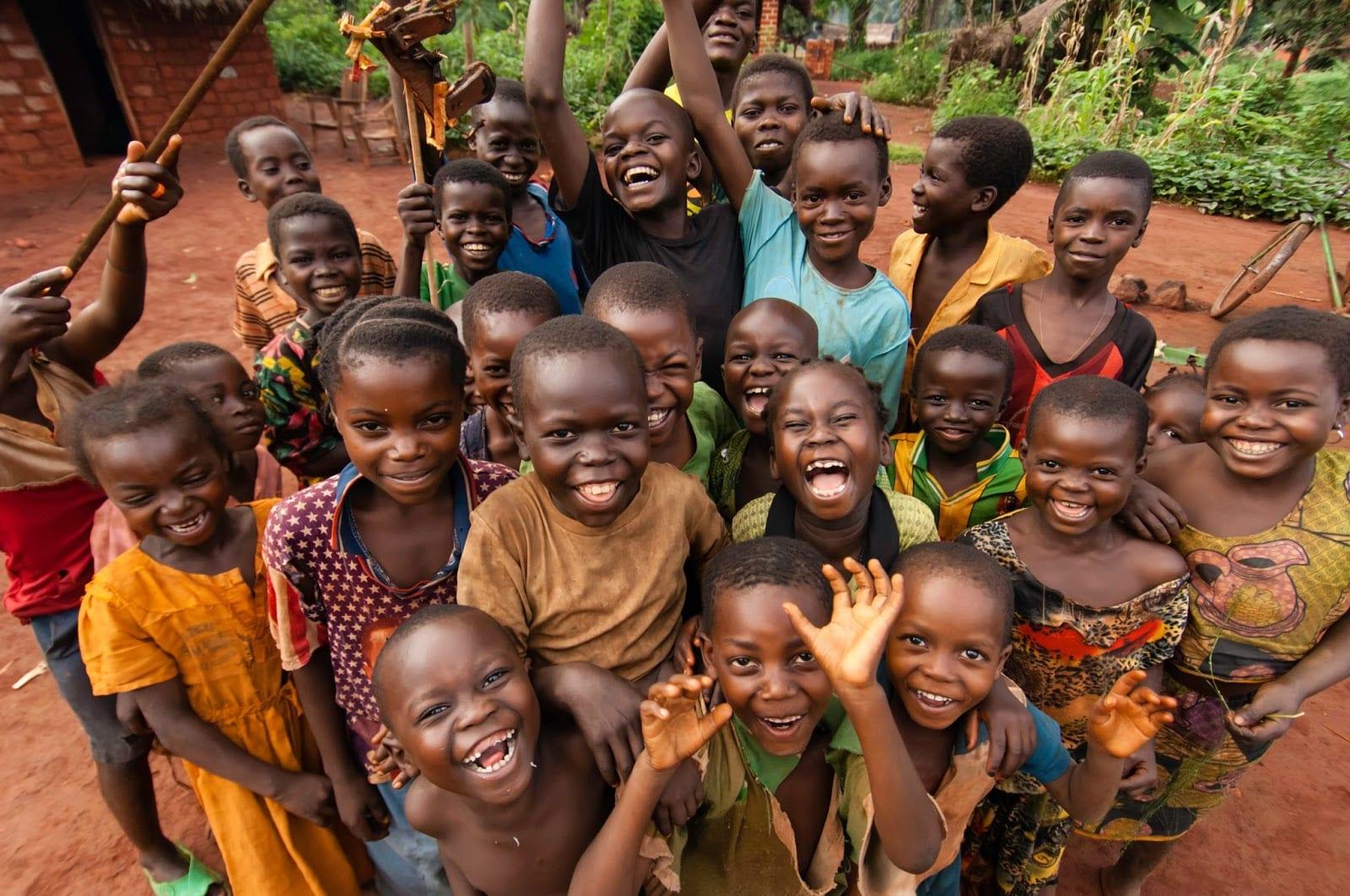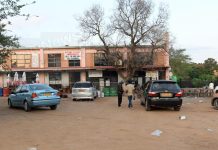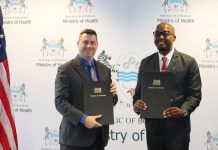Africa-Press – Botswana. Africa is the region with the highest rate of suicide deaths in the world, revealed yesterday the World Health Organization (WHO) at the launch of an awareness campaign to prevent this problem on the continent.
According to a statement from the organization, about 11 people out of 100,000 die by suicide annually in Africa, above the world average of nine out of 100,000 people.
This situation is due, in part, to insufficient action to address and prevent risk factors, including mental health conditions that currently affect 116 million people, up from 53 million in 1990.
The campaign, launched ahead of World Mental Health Day on October 10, aims to reach 10 million people to raise public awareness and mobilize Government support to increase funding for mental health programmes, including mental health prevention efforts. suicide.
The initiative, the document says, aims to enable healthcare professionals to improve support for those facing suicidal thoughts and to educate people who may experience these thoughts about where to seek help. The campaign also aims to sensitize society on how to identify and help those in need and how to deal with the stigma associated with suicide.
On the African continent, the WHO note continues, there are six of the 10 countries with the highest suicide rates in the world. In Africa the most common methods of suicide are hanging and self-poisoning by pesticides and, to a lesser extent, drowning, use of a firearm, jumping from high places or drug overdose. Studies show that in Africa, for every completed suicide, there are 20 attempts, detailed the United Nations agency.
“Suicide is a major public health problem and every death by suicide is a tragedy. Unfortunately, suicide prevention is rarely a priority in national health programmes,” said Matshidiso Moeti, WHO Regional Director for Africa, quoted in communicated.
“It is important to invest significantly to address the growing burden of chronic disease and non-infectious conditions in Africa, such as mental disorders, that can contribute to suicide,” Moeti said.
In Africa, the lack of investment by Governments is the biggest challenge for the adequate provision of mental health services. Due to this low investment, the continent has one psychiatrist for every 500 thousand inhabitants, one hundred times less than recommended by the WHO. Last August, African health ministers approved a new strategy to strengthen mental health care and set targets for 2030, which includes, inter alia, ensuring that all countries have a mental health policy or legislation.
Meanwhile, in Ethiopia’s Tigray region, the death rate of babies who die in the first month of life is four times higher than before the war, according to a recent study available to EFE. The most common causes were prematurity, infections and perinatal asphyxia, or the inability to establish breathing at birth. “We can say that mortality has doubled compared to the pre-war era.
In unit mortality, it means the death of a child in units in the first 28 days of life, it has also quadrupled compared to the pre-war era from about 10 deaths a day in 2020 to about 36”, said doctor Bereket Berhe, Pediatrician at Ayder Hospital Nearly two years have passed since the start of the war and the Ethiopian Government has isolated the Tigray region from the rest of the world, cutting off basic services such as electricity, telephone, internet and banking. Both sides were invited to talks peace talks mediated by the African Union which are due to take place this weekend in South Africa.
Triangular cooperation with the OECD
Triangular cooperation is on the rise in Africa and the continent is currently involved in a third of projects registered with the Organization for Economic Cooperation and Development (OECD), compared to 21% in 2016, according to the WHO.
“African countries participate extensively in triangular partnerships with the regions of Asia-Pacific, Europe and the Americas, both as beneficiaries and as key partners, sharing their experiences and innovations”, reads a report presented Thursday, during the 6th .th international meeting on Triangular Cooperation, which took place last week in Lisbon.
According to the definition presented in the report, authored by the OECD, triangular cooperation takes place when countries, international organizations, civil society, the private sector, philanthropists or others work in groups of three or more to create flexible, innovative and cost-effective solutions. costs to achieve sustainable development goals. The report finds that triangular cooperation is growing, both in scope and scale, and is growing even more in Africa.
For More News And Analysis About Botswana Follow Africa-Press






